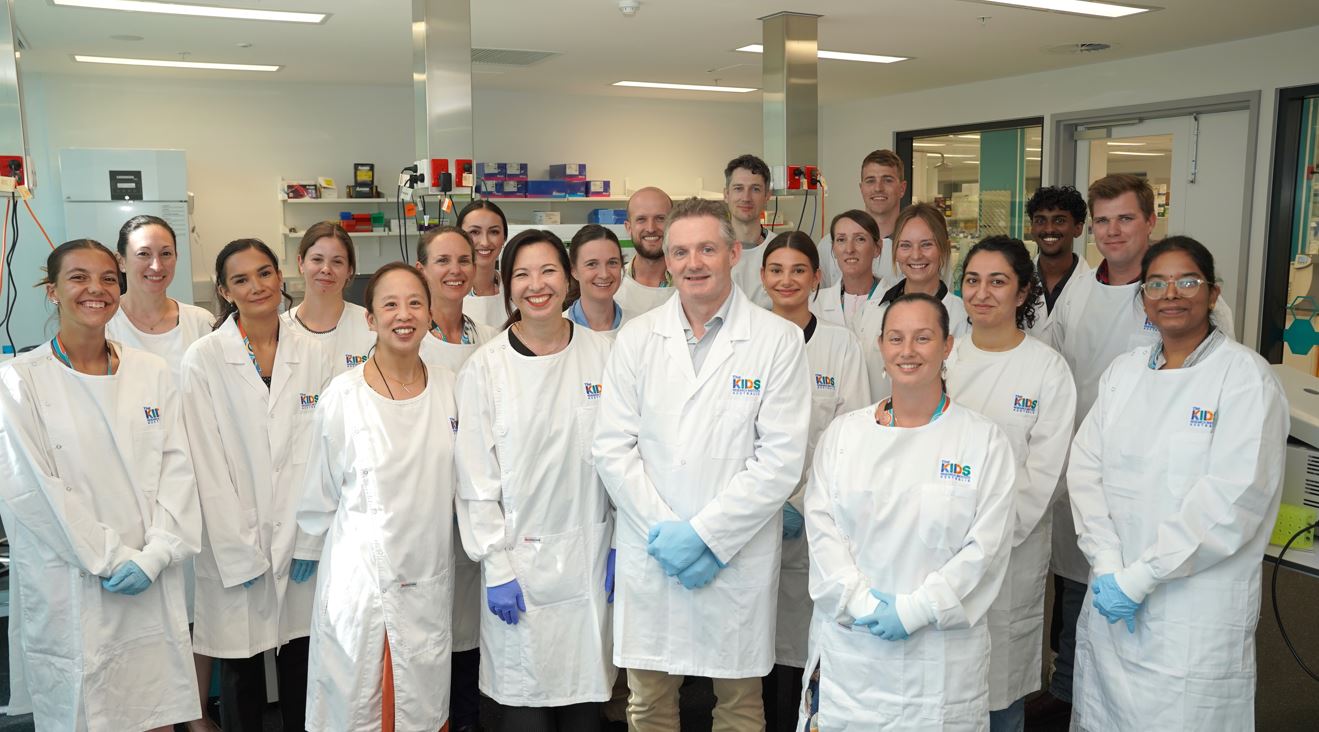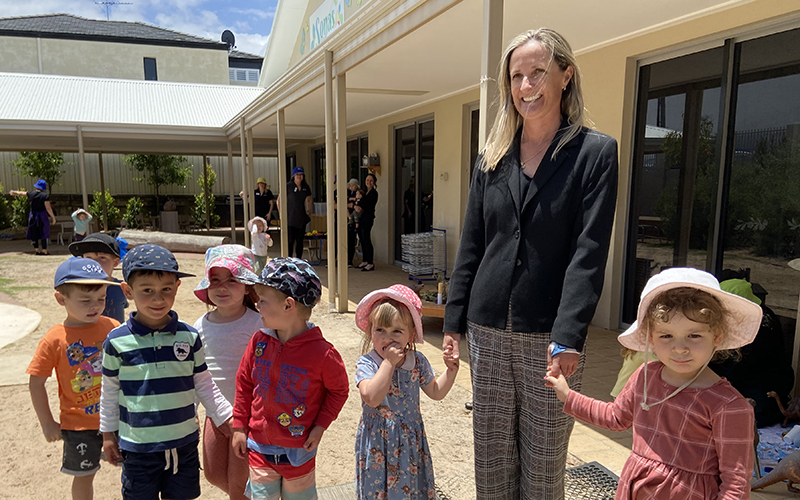Search
Showing results for "Au"

We strive for a future where no child will die from brain cancer because we have developed new therapies that will cure their disease.
Research
Evaluating the genetic contribution to rheumatic heart disease pathogenesis in Australian Aboriginal and Torres Strait Islander communitiesWe are conducting a genetic study to better understand why some people are susceptible to RHD and others are not.
Research
Head-to-head Pharmacokinetic Comparison of Bicillin ® L-A versus Lyophilised (Powdered) Benzathine Penicillin G administered by the Intramuscular and Subcutaneous RoutesFiji has one of the highest burdens of RHD is in the world and RHD is the second most common cause of death in young people in Fiji.
Research
Optimisation of sampling for a new Skin Microbiome assayAsha Janessa Tim Bowen Pickering Barnett BA MBBS DCH FRACP PhD GAICD FAHMS OAM BSc PhD PhD Head, Healthy Skin and ARF Prevention Senior Research
Research
Radiosensitisation of medulloblastomaRaelene Nick Endersby Gottardo BSc (Hons) PhD MBChB FRACP PhD Brainchild Fellow; Co-Head, Brain Tumour Research Head of Paediatric and Adolescent
Research
Environmental enrichment intervention for Rett syndrome: an individually randomised stepped wedge trialHelen Jenny Leonard Downs MBChB MPH BApplSci (physio) MSc PhD Principal Research Fellow Head, Child Disability +61 419 956 946 08 6319 1763

Research
Pacific Rheumatic Heart Disease (RHD) ProgramThe goal of the program is to establish the foundations of an effective, sustainable and equitable response to RHD in the Pacific.

News & Events
School readiness is more than just test resultsA new study by researchers at The Kids Research Institute Australia has found there is a bigger picture to consider when determining whether a child is ready to start school.

News & Events
Childcare centres urged to adopt new policy to boost kids’ physical activityChildcare centres will be invited to help boost children’s physical activity levels by signing on to a new program which commits them to creating more opportunities for physical activity.

News & Events
Flagship award for folate champion Carol BowerOne of The Kids Research Institute Australia’s most influential researchers, who has played a seminal role in birth defect research and advocacy over a four-decade career, has won the Peter Wills Medal – the Australian research community’s flagship award.
